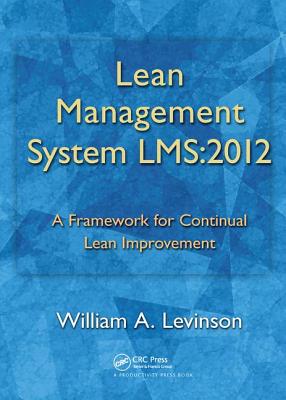Based on a survey of probation work with almost 1400 young adult offenders, this book provides a unique insight into the realities of probation practice in a context of increasing poverty, drug use and community breakdown. Starting with an outline of the current policy environment, the book discusses the relevance of criminological theory to the harsh experience of young offenders in modern Britain. It goes on to develop a typology of offending behaviour on the basis of detailed and often disturbing accounts of the histories and troubles of young people afflicted by poverty, disruption of family relationships and long term unemployment. While much of the book is concerned with the difficulties young offenders experience, and the problems probation officers have in trying to help them change, the overall message of the book is not one of despair. The authors show that good probation practice can make a difference, and the book is written in a way which will be useful to practitioners and policy-makers involved with supervising offenders in the community. From the typology of offending the authors extract lessons for appropriate and relevant practice which should help to improve the quality and effectiveness of the probation service. Some of these implications are explored in the concluding chapter, by Cedric Fullwood, Chief Probation Officer of Greater Manchester. As well as criminal justice practitioners, students of criminology, probation trainees and other social work students will find in the book many vivid examples of how sociological theory can be used to understand and interpret practice. The book is likely to provoke much debate about what constitutes positive practice in a probation service facing the challenges of the future.
The success of a Lean manufacturing program depends far more on organization-wide leverage of Lean manufacturing tools than it does on the tools themselves. To this the organization must add the human relations aspects that earn buy-in and engagement by all members of the workforce, to the extent that workers will react immediately and decisively to the presence of waste. The synergy of the human and technological aspects of Lean form what Henry Ford called a universal code for the achievement of world-class results in any enterprise, and which he put into practice to deliver unprecedented bottom line results. This book expands upon and systemizes this universal code into a structure or framework that promotes organizational self-audits and continuous improvement.The book''s first section offers a foundation of four simple but comprehensive Lean key performance indicators (KPIs): waste of the time of things (as in cycle time), waste of the time of people, waste of energy, and waste of materials. The Toyota Production System''s seven wastes are all measurable in terms of these four KPIs, which also cover the key metrics of Eliyahu Goldratt''s theory of constraints: throughput, inventory, and operating expense. The first section then adds a proactive improvement cycle that sets out to look for trouble by isolating processes for analytical purposes and measuring and then balancing inputs and outputs to force all wastes to become visible. It is in fact technically impossible for any waste of material or energy to hide from what chemical engineers call a material and energy balance. Application of this book''s content should therefore satisfy most provisions of the ISO 14001 environmental management system standard and the new ISO 50001 energy management system standard.The second section consists of an unofficial (and therefore customizable) standard against which the organization
Get Lean Management System LMS:2012 by at the best price and quality guranteed only at Werezi Africa largest book ecommerce store. The book was published by Taylor & Francis Ltd and it has pages. Enjoy Shopping Best Offers & Deals on books Online from Werezi - Receive at your doorstep - Fast Delivery - Secure mode of Payment
 Jacket, Women
Jacket, Women
 Woolend Jacket
Woolend Jacket
 Western denim
Western denim
 Mini Dresss
Mini Dresss
 Jacket, Women
Jacket, Women
 Woolend Jacket
Woolend Jacket
 Western denim
Western denim
 Mini Dresss
Mini Dresss
 Jacket, Women
Jacket, Women
 Woolend Jacket
Woolend Jacket
 Western denim
Western denim
 Mini Dresss
Mini Dresss
 Jacket, Women
Jacket, Women
 Woolend Jacket
Woolend Jacket
 Western denim
Western denim
 Mini Dresss
Mini Dresss
 Jacket, Women
Jacket, Women
 Woolend Jacket
Woolend Jacket
 Western denim
Western denim
 Mini Dresss
Mini Dresss














































